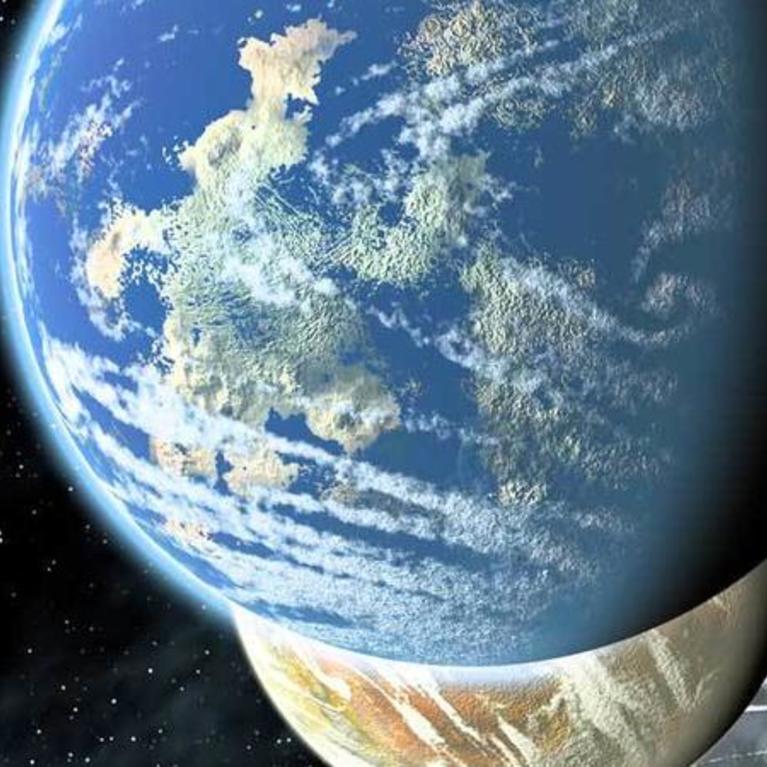
Using Earth’s history to inform the search for life on exoplanets
UC Riverside is leading one of the NASA Astrobiology Program’s eight new research teams tackling questions about the evolution and origins of life on Earth and the possibility of life beyond our solar system. The teams comprise the inaugural class of NASA’s Interdisciplinary Consortia for Astrobiology Research program. The UCR-led team is motivated by the...
By Jules Bernstein | UCR News |
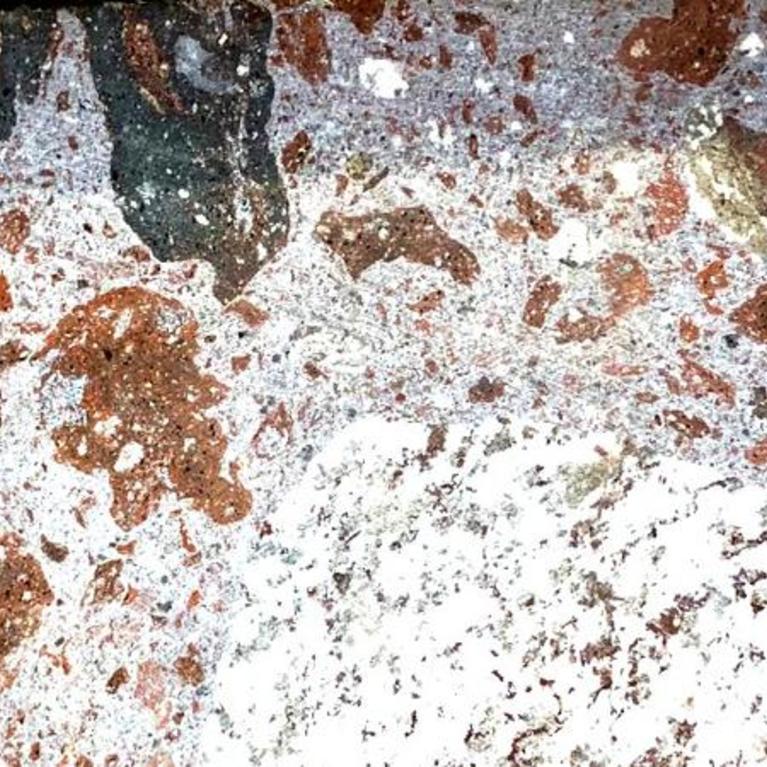
Ancient meteorite site on Earth could reveal new clues about Mars’ past
Scientists have devised new analytical tools to break down the enigmatic history of Mars’ atmosphere — and whether life was once possible there. A paper detailing the work was published today in the journal Science Advances. It could help astrobiologists understand the alkalinity, pH and nitrogen content of ancient waters on Mars, and by extension...
By Jules Bernstein | UCR News |

UCR scientists rank among world’s most influential scholars
The world’s most influential scientific researchers in 2019 include 10 current UCR scholars. In its annual list, Clarivate Analytics names the most highly cited researchers — those whose work was most often referenced by other scientific research papers for the preceding decade in 21 fields across the sciences and social sciences. The 2019 list is...
By Jules Bernstein | UCR News |
Experts on the Salton Sea
For fast access to experts, TEXT or call the 24-hour-experts hotline at 951-312-3049, or email news@ucr.edu Salton Sea Emma Aronson: Associate professor of microbiology and plant pathology. Microbiome of the Salton Sea; microbial ecology of dust; wind- transported microorganisms; environmental microbiology; soil microbial ecology. emma.aronson@ucr.edu Roya Bahreini: Associate professor of atmospheric science. Aerosol sources and...
By UCR News |
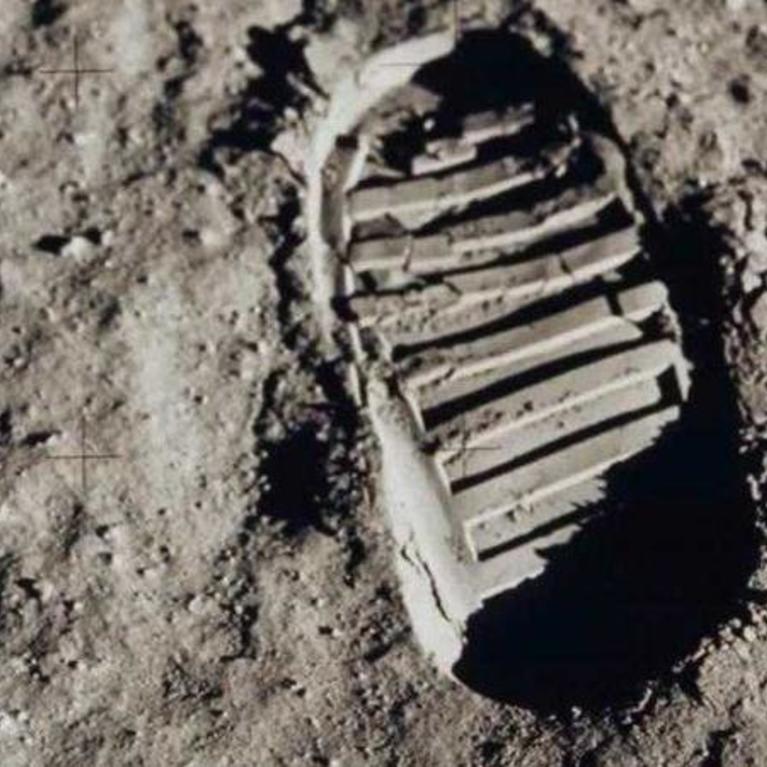
Campus to celebrate 50th anniversary of historic Moon landing
This year marks the 50th anniversary of the historic Apollo 11 Moon mission. To celebrate, the University of California, Riverside, is hosting a free public event on Thursday, July 11, from 6:30-9:30 p.m. Attendees will have an opportunity to learn more about the Apollo 11 legacy, as well as current missions to our solar-system’s planets...
By Iqbal Pittalwala | UCR News |
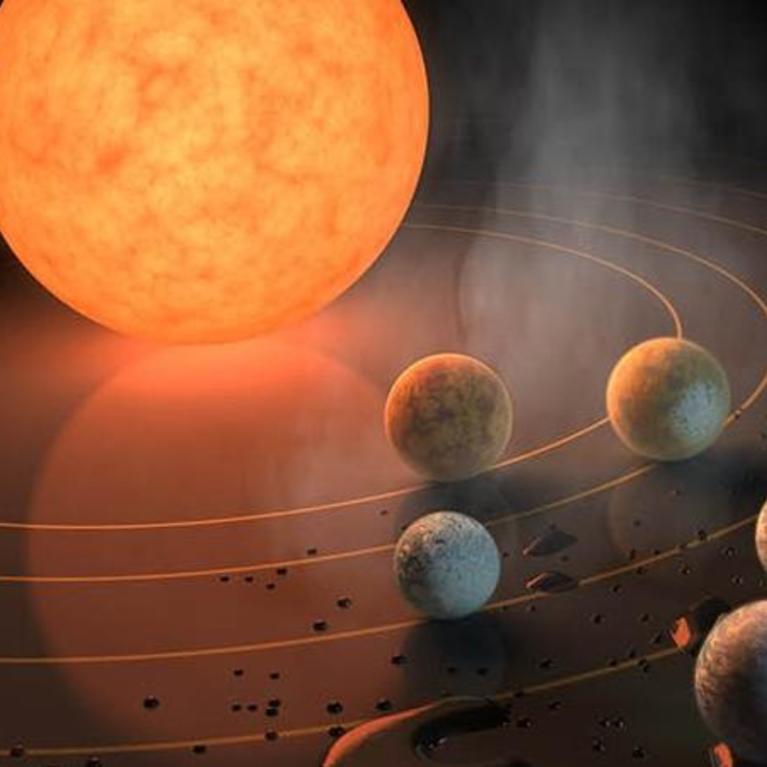
New study dramatically narrows the search for advanced life in the universe
RIVERSIDE, CA – Scientists may need to rethink their estimates for how many planets outside our solar system could host a rich diversity of life. In a new study, a UC Riverside–led team discovered that a buildup of toxic gases in the atmospheres of most planets makes them unfit for complex life as we know...
By Jules Bernstein | UCR News |
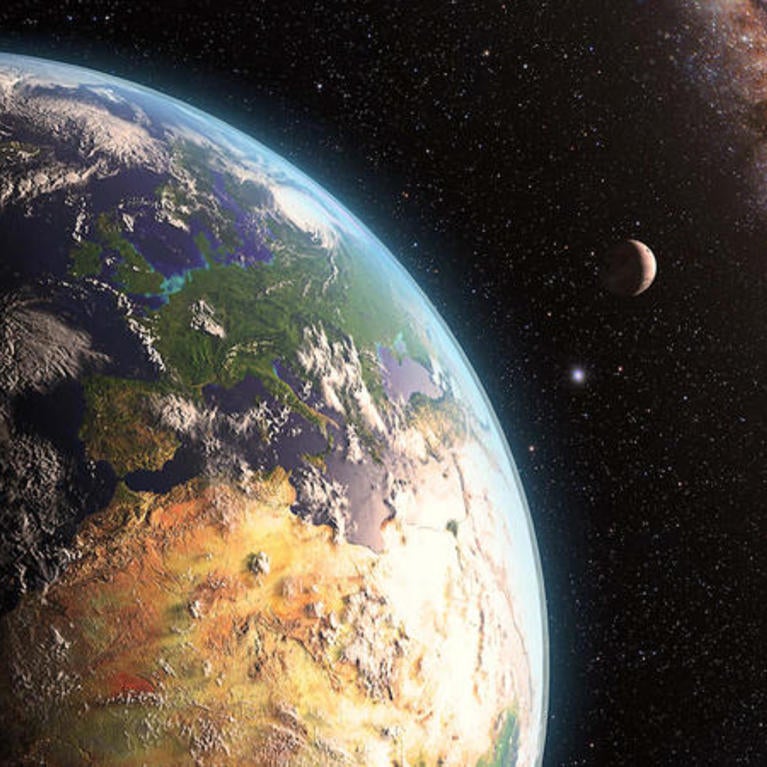
New NASA research consortium to tackle life's origins
Did life on Earth originate in Darwin's warm little pond, on a sunbaked shore, or where hot waters vent into the deep ocean? And could a similar emergence have played out on other bodies in our solar system or planets far beyond? These questions lie at the center of research in NASA's new Prebiotic Chemistry...
By PCE3 Consortium | UCR News |
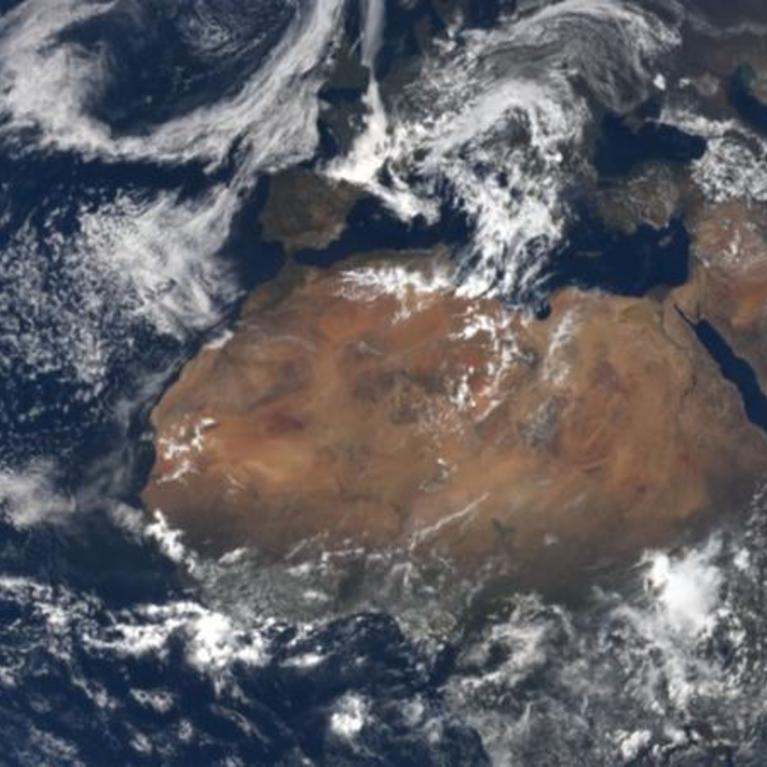
UCR team among scientists developing guidebook for finding life beyond earth
If you’re looking for a manual on the hunt for alien life, you’re in luck. Some of the leading experts in the field, including a UC Riverside team of researchers, have written a major series of review papers on the past, present, and future of the search for life on other planets. Published in Astrobiology...
By Sarah Nightingale | UCR News |
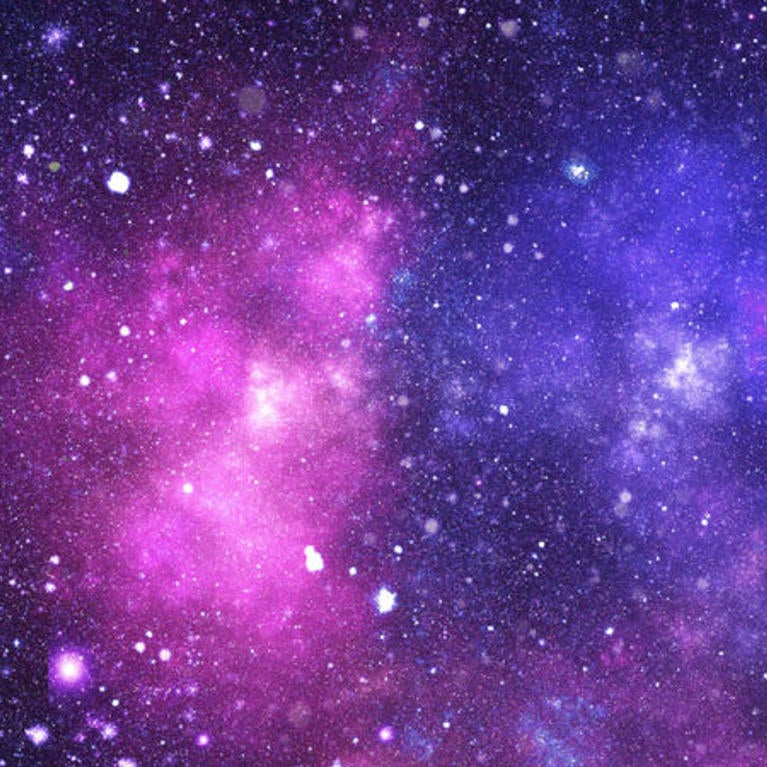
Search for life beyond the solar system topic of faculty research lecture
Timothy Lyons, a distinguished professor of biogeochemistry in the Department of Earth Sciences and director of the Alternative Earths Astrobiology Center, will deliver the 66 th annual Faculty Research Lecture at UC Riverside. The Faculty Research Lecturer Award is the highest honor bestowed by the Academic Senate. The lecture, “Are We Alone? A Geologist’s Journey...
By Sarah Nightingale | UCR News |
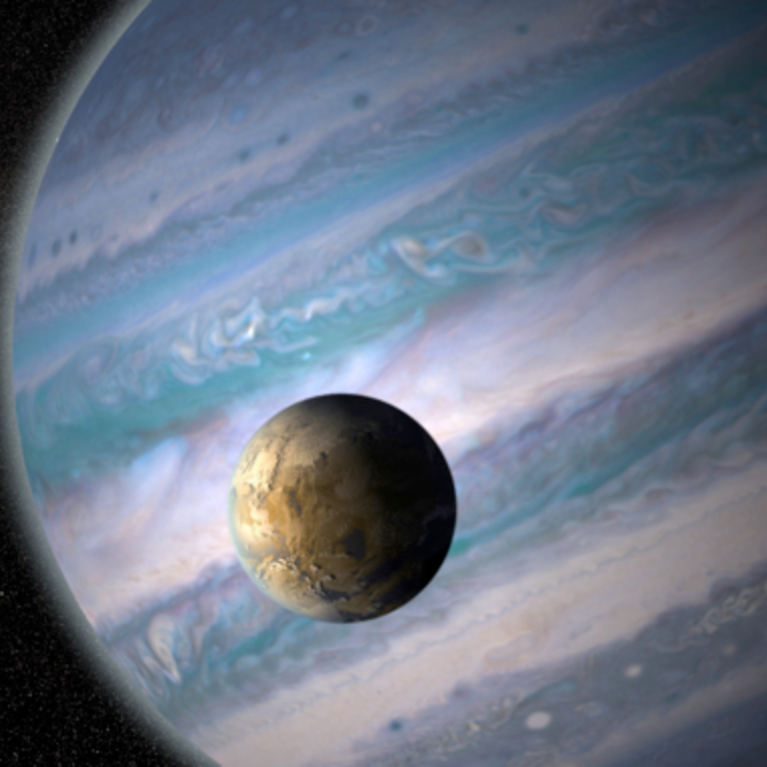
Atmospheric seasons could signal alien life
Dozens of potentially habitable planets have been discovered outside our solar system, and many more are awaiting detection. Is anybody — or anything — there? The hunt for life in these places, which are impossible to visit in person, will begin with a search for biological products in their atmospheres. These atmospheric fingerprints of life...
By Sarah Nightingale | UCR News |
Let us help you with your search